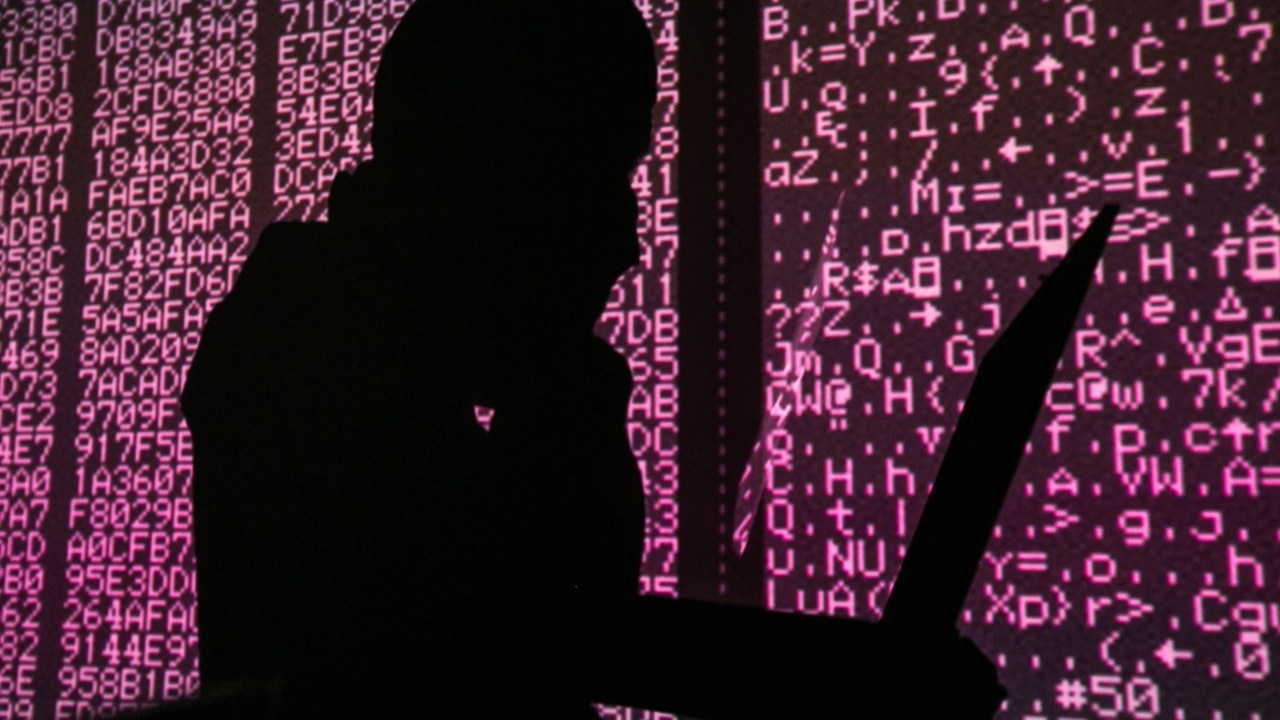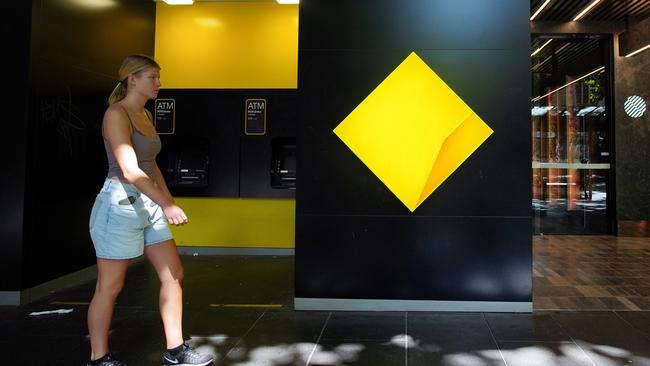Cash hating banks leave Australia at hackers’ mercy — and make us pay for it | Caleb Bond
As if using our accounts to track our every move wasn’t bad enough, now the banks are gambling with national security, writes Caleb Bond.

SA News
Don't miss out on the headlines from SA News. Followed categories will be added to My News.
Banks are seemingly shutting branches every second day.
This week it was Westpac announcing the closure of four Bank of Melbourne branches on top of 20 other shopfronts they flagged last month.
Bankwest, owned by Commonwealth Bank, is closing all its branches and going entirely digital.
More than 1400 bank branches have closed since 2017 and the number of ATMs has halved in the same period.
All this, of course, makes it harder to get your hands on cash. And that’s no coincidence.
Digital transactions are trackable. And that, for banks, is incredibly valuable data.
If you tap and go, there’s a good chance your bank knows you better than you do.
They know the cafe you go to every day and what time you go.
They know that on Wednesdays you drive across the city because transactions pop up over there.

They know your shopping habits, the restaurants you frequent, the route you take on a roadtrip to Melbourne – your bank statement can paint a scarily accurate picture of your day-to-day life.
That kind of data is the most valuable thing any business can hold.
Even if you feel you have nothing to hide, just consider the value of that information if it falls into nefarious hands.
You are effectively being surveilled.
And a digital-only system is not just trackable but hackable.
A cash-free financial system is one that can bring a country to its knees in a matter of moments.
All it takes is a hack from a foreign trouble maker and you could halt a huge number of transactions, whether that be by taking down a bank or telecommunications.
We’ve already had a small taste with last year’s Optus outage.
Imagine that, on a grand scale, without any cash as backup.
Norway is now planning to make it compulsory for vendors to accept cash – and rightly so.
It’s legal tender. There should be no legitimate grounds to refuse it.
But the banks should also be forced to keep their branches open.
We have a heavily regulated banking system that is underpinned by implicit government support.
The federal government, during the Global Financial Crisis, guaranteed bank deposits and wholesale borrowing by banks and bought $4 billion of residential mortgage-backed securities to keep lenders afloat.
If we ever found ourselves in a similar situation, the same would happen again.
It is essentially a guarantee that the banking system will never be allowed to collapse – which is good for the consumer but also good for the banks that are certain to turn huge profits.
In exchange for that protection, it is not unfair for the government to demand a certain level of service provision – especially for the elderly and vulnerable who still rely on cash.
The federal government is already having to make up for the abandonment of the banks, through Australia Post, by spending $4000 a week flying cash into Coober Pedy alone.
You mightn’t use cash every day but you don’t know what you’ve got till it’s gone.
More Coverage
Originally published as Cash hating banks leave Australia at hackers’ mercy — and make us pay for it | Caleb Bond





